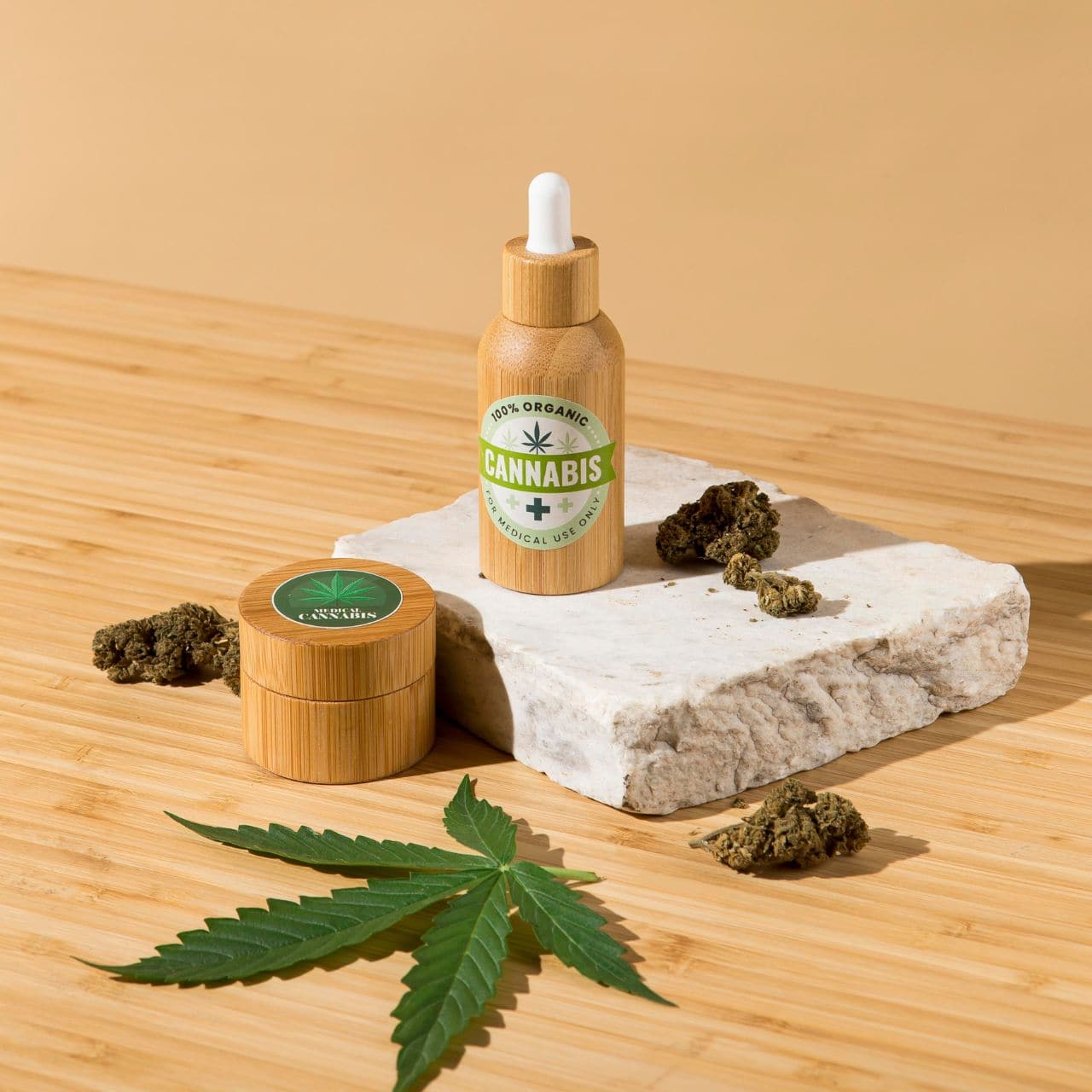
Is HHC Legal in Kansas
Yes, HHC products are legal in Kansas
 Legal
Legal

In Kansas, the legality of HHC (Hexahydrocannabinol) is influenced by the state’s approach to hemp and cannabinoid products. The passage of HB2540 in May 2022 primarily focused on synthetic cannabinoids, but it did not explicitly address HHC or Delta-8 THC. According to the Kansas Industrial Hemp Act, hemp-derived products are legal as long as they contain no more than 0.3% Delta-9 THC.
This regulation means that hemp-derived HHC products, which meet the federal THC threshold of 0.3% or less, are generally permitted under state law. Since HHC is derived from hemp and if it adheres to the THC limit, it should be legal in Kansas. However, because the law does not specifically mention HHC, the status of such products can be somewhat ambiguous, and it’s advisable to stay updated on state regulations or consult legal professionals for the most accurate guidance.
HHC, or Hexahydrocannabinol, is a semi-synthetic cannabinoid derived from hemp. It is similar to THC (tetrahydrocannabinol) in both structure and effects but is created through a process called hydrogenation, where hydrogen atoms are added to the THC molecule. This process makes HHC more stable and gives it a longer shelf life compared to THC, making HHC stand out for its enhanced stability. As a cannabinoid found in the cannabis plant, HHC is gaining attention for its potentially intense psychoactive effects and unique legal status within the evolving cannabis industry.
HHC interacts with the body by engaging the endocannabinoid system, specifically targeting the cannabinoid receptors CB1 and CB2. These receptors are crucial parts of the central and peripheral nervous systems and play roles in regulating various physiological processes such as mood, pain, and appetite. HHC’s binding to these receptors is believed to produce psychoactive effects similar to THC, including feelings of euphoria, altered perception, and relaxation. The intensity and duration of HHC’s effects can vary based on an individual's metabolism and the quantity consumed.
Because of its unique chemical structure and the hydrogenation process, HHC has a longer shelf life and greater stability than THC. This makes it an attractive option for consumers and manufacturers seeking a cannabinoid with prolonged effectiveness. As the cannabis industry continues to evolve, HHC's distinct properties and potential for intense psychoactive effects are contributing to its growing popularity and intrigue among users.
Before purchasing HHC in Alabama though, always check the lab test results for each product to ensure accurate labeling and safety.
If you want to learn more about HHC in general, check out our HHC Resource Center.
In Kansas, the age requirement for purchasing HHC (Hexahydrocannabinol) products varies based on the type of product. For hemp-derived HHC, you generally need to be at least 18 years old. These products are available in various retail settings, including convenience stores, vape shops, and online.
However, marijuana-derived HHC products are currently not legal in Kansas. If this changes in the future, you would likely need to be at least 21 years old to purchase them from licensed dispensaries, in line with the state’s regulations for medical or recreational marijuana.
Yes, it is legal to smoke hemp-derived HHC (Hexahydrocannabinol) flower in Kansas, as long as it complies with federal and state regulations. This means the HHC must be derived from hemp and contain less than 0.3% Delta-9 THC.
In Kansas, while there is no specific state mandate for third-party testing of HHC products, reputable manufacturers and retailers typically conduct such testing to ensure product safety and compliance with federal standards. This testing helps verify that hemp-derived HHC products meet quality standards, contain less than 0.3% Delta-9 THC, and are free from contaminants such as pesticides, heavy metals, and residual solvents.
Keep in mind that reputable manufacturers and retailers usually provide certificates of analysis (COAs) from independent labs, demonstrating that their products have been tested and meet the required standards. While state-specific regulations in Georgia may not mandate third-party testing for all hemp-derived products, purchasing from reputable sources that provide lab-tested products is highly recommended.











